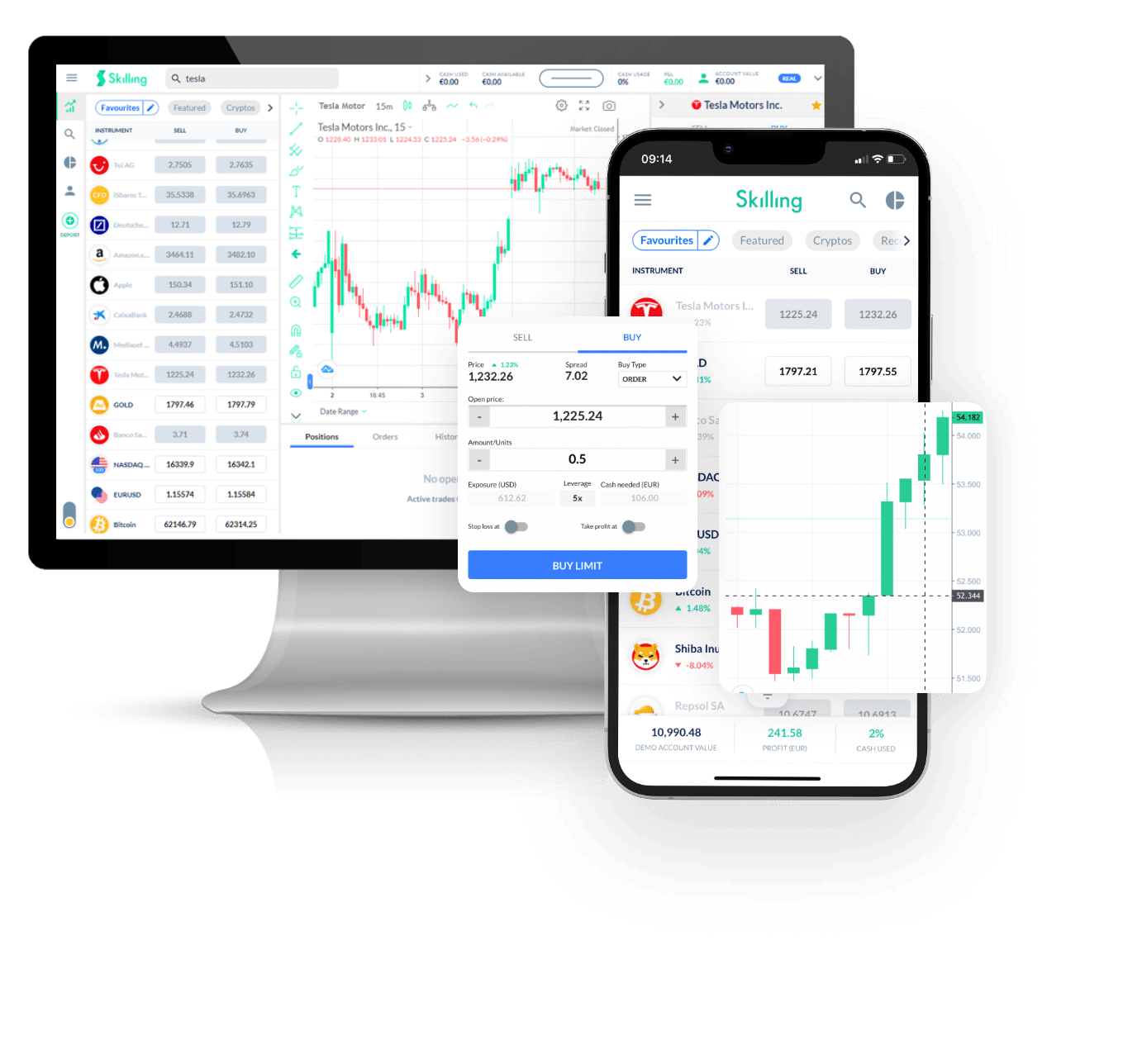Loading...
ADR Stock (BP.US): Live Price Chart
[[ data.name ]]
[[ data.ticker ]]
[[ data.price ]] [[ data.change ]] ([[ data.changePercent ]]%)
Low: [[ data.low ]]
High: [[ data.high ]]
About
History
Competitors
About
History
Competitors
BP (short for British Petroleum) is one of the biggest oil and gas companies on the planet. In fact, it’s considered a “supermajor”, due to the sheer scale of its revenues and profits. The roots of BP date back to April 1909, when it traded under the original guise of the Anglo-Persian Oil Company.
After its shift to the Anglo-Iranian Oil Company, it was later rebranded to British Petroleum in 1954. Fast forward more than half a century and BP is now one of the biggest producers of oil worldwide. As of 2018, it produced upwards of 3.7 million barrels of oil daily. Based on 2021 revenues, BP was fourth only behind ExxonMobil, Shell and TotalEnergies, making it the fourth-largest investor-owned oil firm worldwide.
The BP (LON: BP) share price has been somewhat volatile through the years. In the early 1990s, the price of BP stock steadily fell to lows of £0.92 in August 1992. It then moved on a bullish trajectory for the remainder of the decade, peaking at £6.51 in September 2000. Like many others, the BP share price experienced a correction in the early 2000s, before another solid rally through to the 2008 global financial crash.
The price of BP shares fell significantly within a matter of weeks in 2010 when it crashed from £6.41 in April 2010 to lows of £3.22 in July 2010 – effectively halving in value. This was largely attributed to the Deepwater Horizon oil spill, which saw 4.9 million barrels of oil leaked into the Gulf of Mexico. It experienced a similar fall following the onset of the Covid-19 pandemic, when it fell from £4.70 in February 2020 to £2.05 in October 2020.
We’ve already briefly touched upon some of BP’s major competitors in the oil and gas industry. In 2021, ExxonMobil had the highest revenues out of all investor-owned oil giants globally. That’s followed by Shell and TotalEnergies.
Other oil and gas ‘supermajors’ include Chevron, which posted very similar revenues to BP for the last trading year. The likes of Phillips 66, Valero and Eni comprise the remainder of the ‘supermajors’.
| Swap long | [[ data.swapLong ]] points |
|---|---|
| Swap short | [[ data.swapShort ]] points |
| Spread min | [[ data.stats.minSpread ]] |
| Spread avg | [[ data.stats.avgSpread ]] |
| Min contract size | [[ data.minVolume ]] |
| Min step size | [[ data.stepVolume ]] |
| Commission and Swap | Commission and Swap |
| Leverage | Leverage |
| Trading Hours | Trading Hours |
* The spreads provided are a reflection of the time-weighted average. Though Skilling attempts to provide competitive spreads during all trading hours, clients should note that these may vary and are susceptible to underlying market conditions. The above is provided for indicative purposes only. Clients are advised to check important news announcements on our Economic Calendar, which may result in the widening of spreads, amongst other instances.
The above spreads are applicable under normal trading conditions. Skilling has the right to amend the above spreads according to market conditions as per the 'Terms and Conditions'.

Trade [[data.name]] with Skilling
All Hassle-free, with flexible trade sizes and with zero commissions!*
- Trade 24/5
- Minimum margin requirements
- No commission, only spread
- Fractional shares available
- Easy to use platform
*Other fees may apply.
FAQs
What are the key drivers affecting BP's stock price?
+ -
BP's stock price is heavily influenced by the performance of the global oil industry. The price of crude oil, political and economic turbulence in producing countries, technological advancements, climate change regulations, and competition in the market are all key drivers affecting BP’s stock prices.
Oil prices are positively correlated to BP’s stock prices, so when the global price of oil rises, it is a sign that BP’s stock prices will increase as well. However, if the price of crude oil falls too low or remains stagnant for a long period of time, it can have a negative effect on BP’s stock prices.
Who owns most BP shares?
+ -BP has a large and diversified portfolio of investors, including institutional shareholders such as BlackRock, Inc.(9.3%), The Vanguard Group, Inc. (4.2%) and Norges Bank Investment Management (with 3.4%). BP also has a number of smaller individual investors and a variety of mutual funds that hold its stock. BP's shares are publicly traded on the London Stock Exchange and the New York Stock Exchange. The company has a current market capitalization of approximately 101.17 billion GBP Feb 2023
Do BP shares pay dividends?
+ -BP pays dividends four times a year, typically they will announce the dividends in February, May, August, and November. These dividends have been consistent since 1993. The dividend yield for BP shares is 3.86%. This means that an investor can expect to receive $3.86 of annual dividend payments for every $100 they invest in BP shares. For investors looking for a steady income from dividend payments, BP shares could be an excellent option.
Why Trade [[data.name]]
Make the most of price fluctuations - no matter what direction the price swings and without capital restrictions that come with buying the underlying asset.
CFDs
Equities
Capitalise on rising prices (go long)
Capitalise on falling prices (go short)
Trade with leverage
Hold larger positions than the cash you have at your disposal
Trade on volatility
No need to own the asset
No commissions
Just low spreads
Manage risk with in-platform tools
Ability to set take profit and stop loss levels

